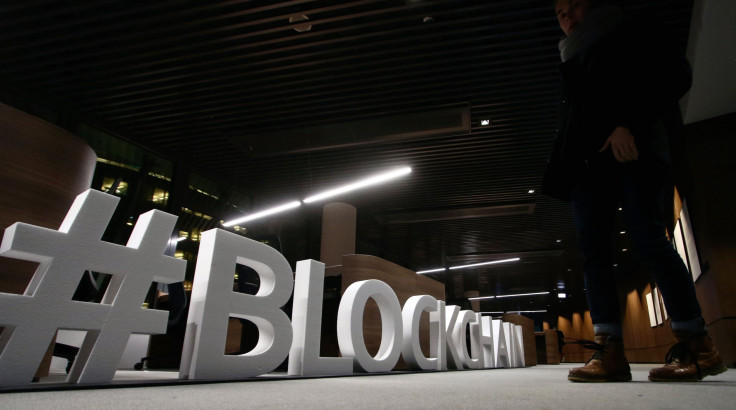Dubai Integrates Blockchain Into Online Payment Portal For Real-Time Transactions

Smart Dubai, a government establishment in the UAE, announced Sunday on Twitter the launch of integrated blockchain technology into its online payment portal, DubaiPay. This is an initiative aimed at allowing reconciliation and settlement transactions to be performed securely in real time.
#SmartDubai continues to grow through the horizon of success as they launch the “Payment Reconciliation and Settlement” System today, developed in collaboration with #Dubai Department of Finance as a #Blockchain-powered upgrade to its financial system. pic.twitter.com/fESbFBuKpj
— Digital Dubai (@DigitalDubai) September 23, 2018
DubaiPay is a service provided by the Dubai government that lets customers inquire amounts they owe to government entities, by using text messages, and to make payments to clear those dues, especially in case of urgent transactions. DubaiPay has about 27 government and 14 non-government platforms connected to the portal.
To give an idea of the transaction volumes that DubaiPay records, Mira Sultan Obaid Abdul Rahman, director of smart services enablement department at Smart Dubai, told Gulf News that in 2017, DubaiPay collected about $3 billion from 9.4 million transactions, an increase of 17 percent compared to 2016.
In its launch phase, two government agencies — Dubai Electricity and Water Authority, and Knowledge and Human Development Authority — were the first ones to join the system and have already processed more than $5 million transactions using the blockchain system.
Rahman also said the decision to implement blockchain technology in the payment portal was meant to primarily enhance government efficiency by transferring all transactions to the blockchain network. At present, the Dubai Department of Finance controls the transactions on DubaiPay and works at customer redressal. It is reported that with the use of this technology, the online payment portal will provide real-time monitoring of transactions, though the actual transactions could still take 45 days to reconcile by DoF.
"There is no real-time monitoring of the transaction in the old system and with blockchain, the whole process can be monitored in real time. The DoF has to do some manual work such as exchanging files between them, banks and the entities before a final payment is made to the entity," Rahman said.
The blockchain technology that is used in the payments portal is developed by Avanaza Solutions, a company that develops and markets middleware and software for the banking and finance industry. Rahman also clarified that blockchain was not going to replace any current technology but would "compliment it" and could be introduced in many industries such as identity, property, healthcare, energy, trading, loyalty programmes.
At the launch event Sunday, Aisha Bint Butti Bin Bishr, director general of Smart Dubai, said: "Dubai has long been a trailblazer in embracing avant-garde technologies – most notably those of the Fourth Industrial Revolution." She said she believed blockchain was “one of the most promising of these technologies, attracting more investments every year.”
Dubai government is currently working on 20 blockchain projects and has built strategic partnerships with IBM and Consensys as advisors to help them and Smart Dubai achieve their goals.
There are some other governments too that have already adopted blockchain technology or were looking to employ blockchain into government portals. For instance, the government of Estonia in Eastern Europe created ID-kaarts, a blockchain-based national identity management system. British territory Gibraltar issued a ruling effectively granting licenses to allow blockchains to be used as conduits for the storage and transfer of digital assets.
In the United States, Illinois announced in February it wanted to incorporate blockchain technology into the state government. In 2017, the state also launched a trial of its proposed birth registry and identification system powered by blockchain technology.
© Copyright IBTimes 2024. All rights reserved.




















